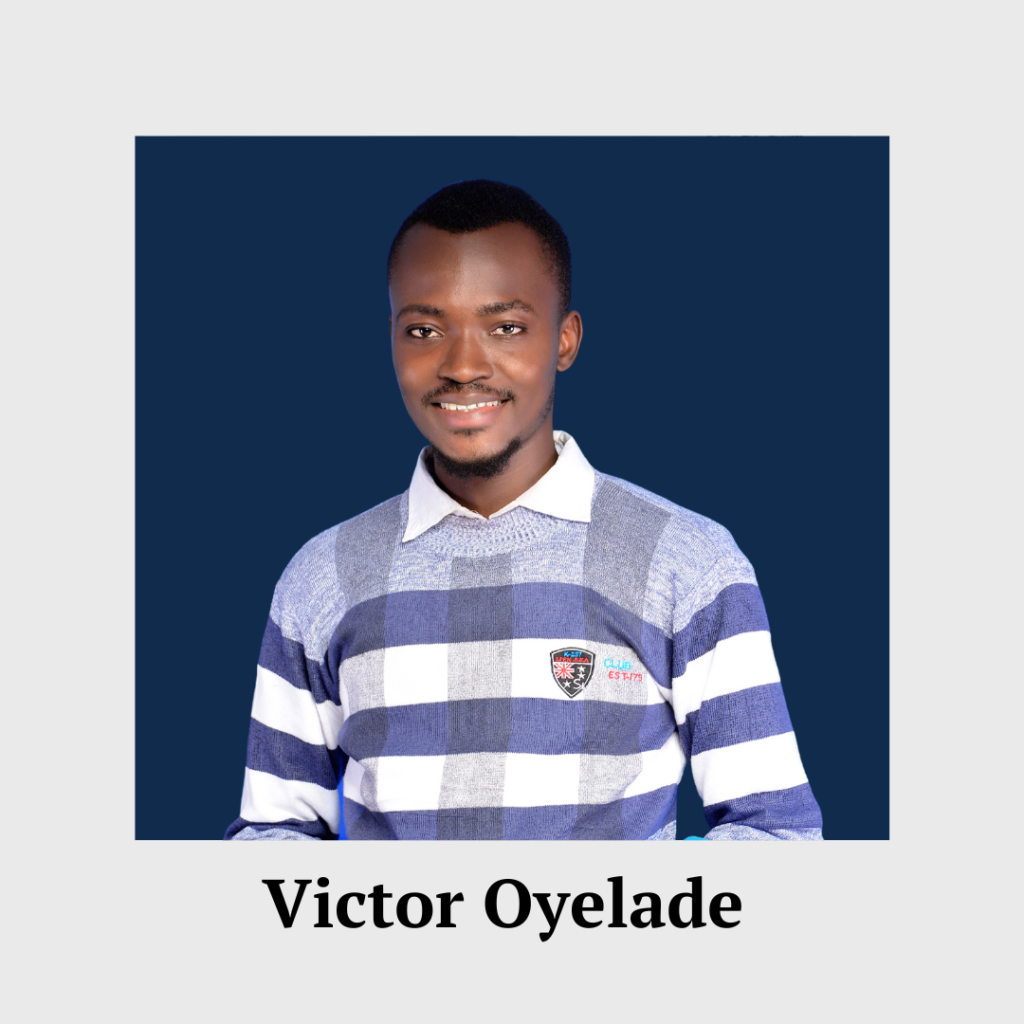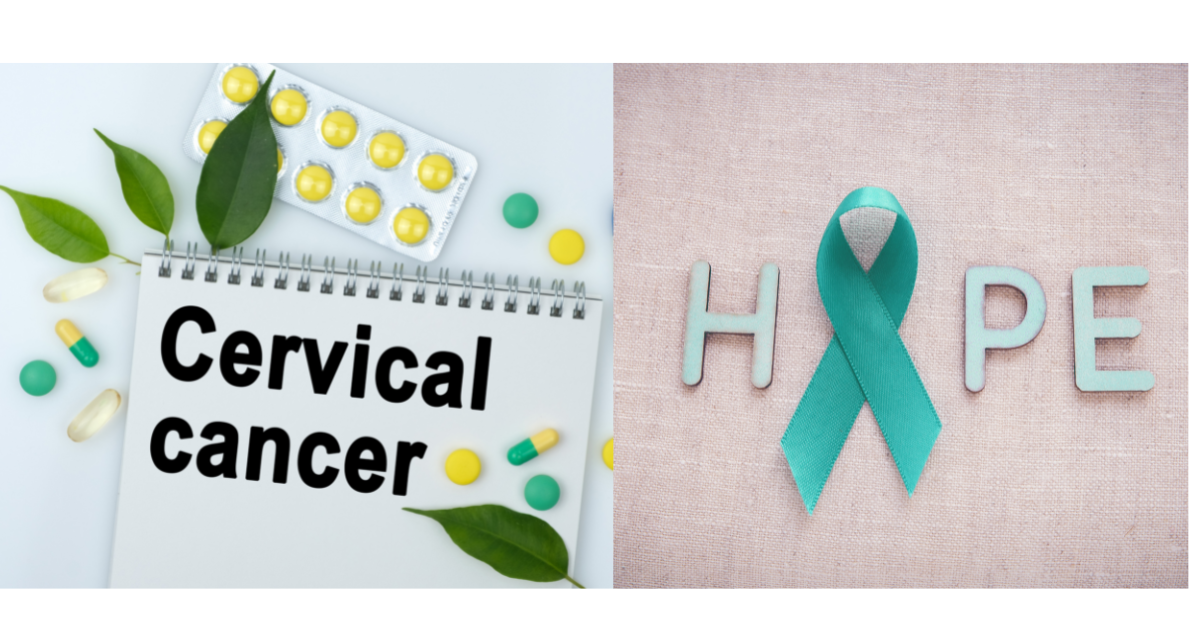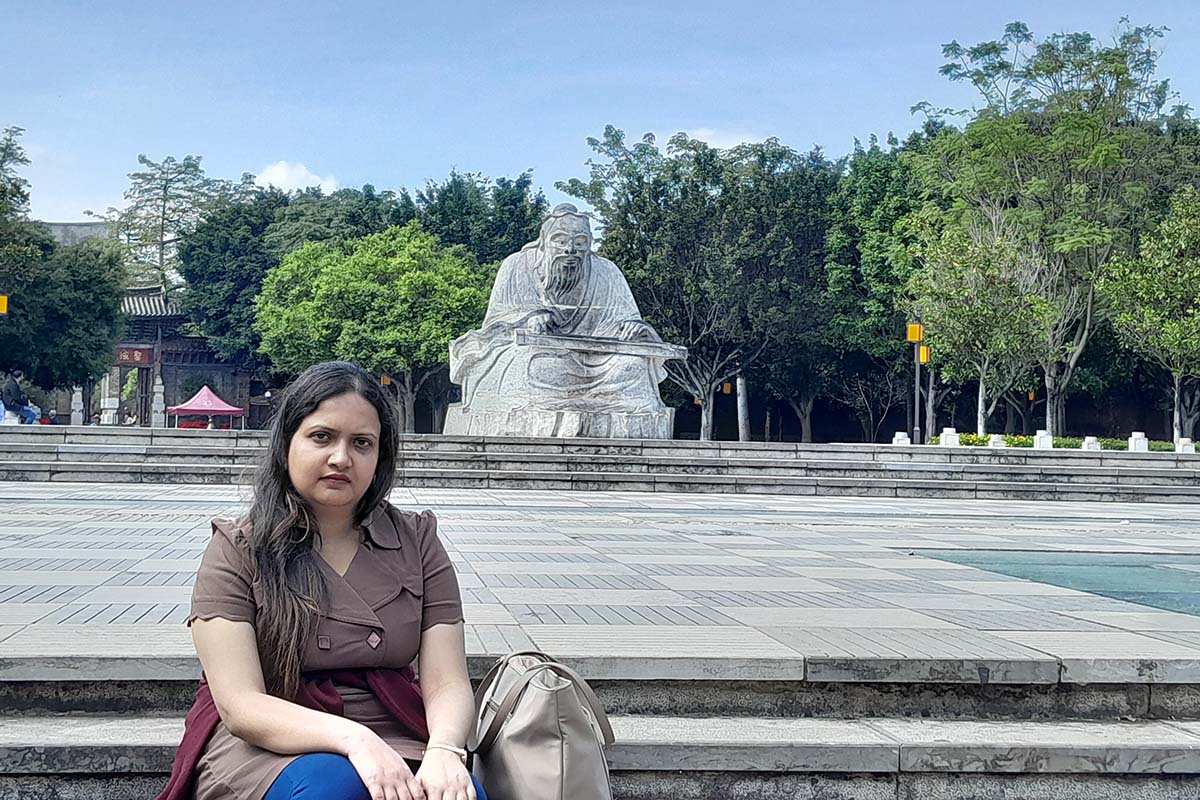Five Ways to Beat Cervical Cancer
July 22
Cervical cancer is one of the most preventable and treatable types of cancer, yet 300,000 women across the world lost their battle against this cancer in 2018 alone. The World Health Organisation’s global strategy for eliminating cervical cancer as a public health concern by 2030 progress has also been slow. 28-year-old Commonwealth Correspondent from Nigeria, Victor Oyelade shares the strategies he thinks his home country, Nigeria and other countries should employ to give women and girls a better chance of surviving cervical cancer.
Cervical cancer is the fourth most common cancer in women globally. 95% of cervical cancer cases are a result of Human Papillomavirus (HPV). 19 of the 20 nations with the highest incidence of cervical cancer are reported to be from the African continent. In Nigeria (my native country) we have an estimated 12, 075 cervical cancer cases diagnosed every year with 7,968 deaths. We are among the countries that have a lot of work to do to eliminate cervical cancer.
Human Papilloma Virus (HPV) is a group of viruses spread via anal, oral or vaginal sex. This group of viruses is responsible for most cervical cancer cases in women today. Most sexually active people have contracted the virus at one point in their lives and nearly all cases of cervical cancer can be attributed to the Human Papilloma Virus (HPV) Infection.
As a global community, we have set the goal of eliminating cervical cancer as a public health concern by the year 2030, but our progress has not been great. The issue was discussed at the Commonwealth Youth Forum and the Commonwealth Women’s Forum in June this year.
In her opening remarks at the Commonwealth Women’s Forum Dr Ruth Kattumuri, Senior Director of the Economic, Youth, and Social Policy Directorate at the Commonwealth Secretariat said:
“ There is an urgent need to work together to eliminate cervical cancer. And it requires bold strategic policies and actions by governments, health professionals and community organizations, involving women and youth in health advocacy, to improve awareness and address access challenges.”
Here are some of the strategies that I think can lessen the burden of this disease and give more people a better chance at survival is the implementation of these strategies:
Increasing accessibility to test kits:
Early detection of cervical cancer has been proven to significantly increase the chances of survival. Due to increased screening, in the United States, cervical cancer cases were reduced by 50% from the 1970s to the mid-2000s.
I believe more efforts should be placed on early detection and direct intervention. To facilitate early detection, we should provide our women and girls with free or highly subsidized test kits. Our sisters and mothers especially those in low and middle-income countries need access to testing. More efforts should be channelled towards high risk communities.
If we don’t act now, the cases of cervical cancer will begin to rise rapidly, especially in Commonwealth countries – we could begin to see one woman dying every three minutes from this cancer.
Increasing funding for HPV-Cervical Cancer Research:
No matter how frugal we choose to be, we should never downplay the importance of financing in the fight against HPV and cervical cancer. In 2022, Nigeria allocated 4.2 per cent of the total budget to healthcare which is significantly lower than the African Union’s Abuja Declaration’s proposed annual allocation of at least 15%.
The United Kingdom on the other hand has recorded one of the most impressive survival rates in women diagnosed with cervical cancer. The country’s National Cancer Research Institute (NCRI) received approximately £634 million in funding for the 2020/2021 financial year. This shows the correlation between investment in research and lives being saved.
At the 2022 Commonwealth Youth Forum, Angelo Igitego of Karisimbi Technologies) reminded us to, “take care of the future by working to provide solutions to the problems that we face in our daily lives and societies”.
Encouraging women to own the narrative:
Women and particularly survivors of this disease should become advocates and lead the HPV and cervical cancer awareness campaigns. This will address the stigma associated with cervical cancer especially the belief that the disease results from reckless sexual behaviour.
The First Ladies Against Cancer organisation has been leading the charge in Nigeria. They have been raising awareness and keeping our sisters informed about the risks associated with the disease, its signs and symptoms and where to get support.
Advocating the native way:
It is good to tailor the latest scientific information and educational campaigns for each community. We can also leverage the influence of African creatives, in fashion, arts, music and filmmaking so that the complicated scientific message can be presented in a simple and relatable manner.
For example, the message would be more effective if it is even shared in Swahili, Hausa, and Yoruba tongues which hold deep cultural meanings.
New media has been effective in reaching some individuals, we however need to be intentional about disseminating HPV and cervical cancer messages to different kinds of audiences, including those in poorer communities who may not have access to social media.
Stepping up Food Security:
Poor nutrition leaves the body almost defenceless and worsens cervical cancer in those affected by this disease. A society where good food is expensive and scarce will witness an increased incidence of mortality because of the weak immune systems of cancer patients.
Hence, we should encourage home gardening practices, Crop and Livestock farming via incentives, tax breaks, funding opportunities and academic programs.
Time is running out. If we want to save lives, test kits should become more easily accessible. We should also seek to increase cancer research funding and food security while encouraging our mothers, sisters and daughters to become campaign advocates. It is only then will we be able to give women and girls a better chance of surviving cervical cancer.
Photo Credits: Canva
About Victor Oyelade: I’m a motivated and committed individual with good interpersonal
skills. I’m passionate about Youth Development, Social Media Branding and Communications.
As a communications enthusiast, in 2017 I completed an Advanced Public Speaking Training at one of Lagos’ leading Public Speaking Training Organizations, “The Speakers’ Academy” led by “Niyi Adesanya”.






